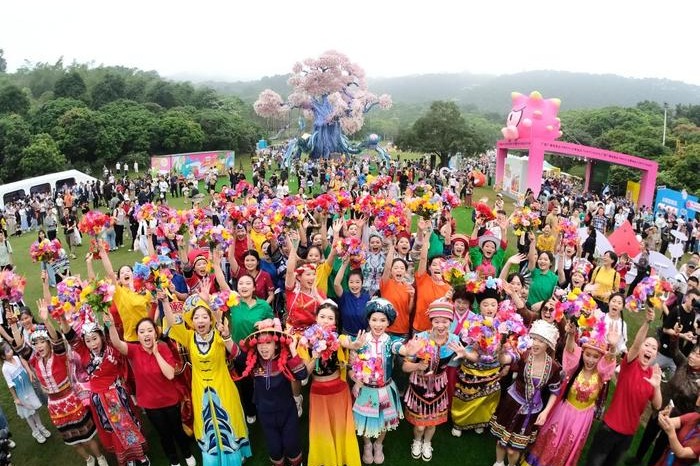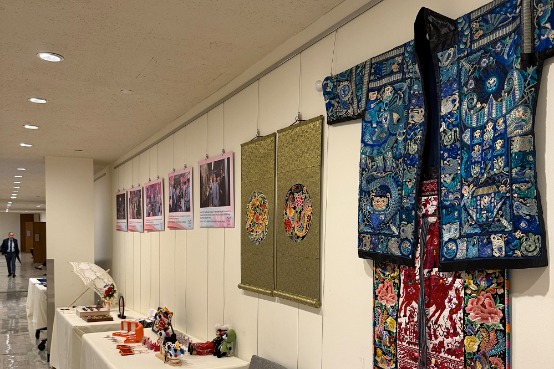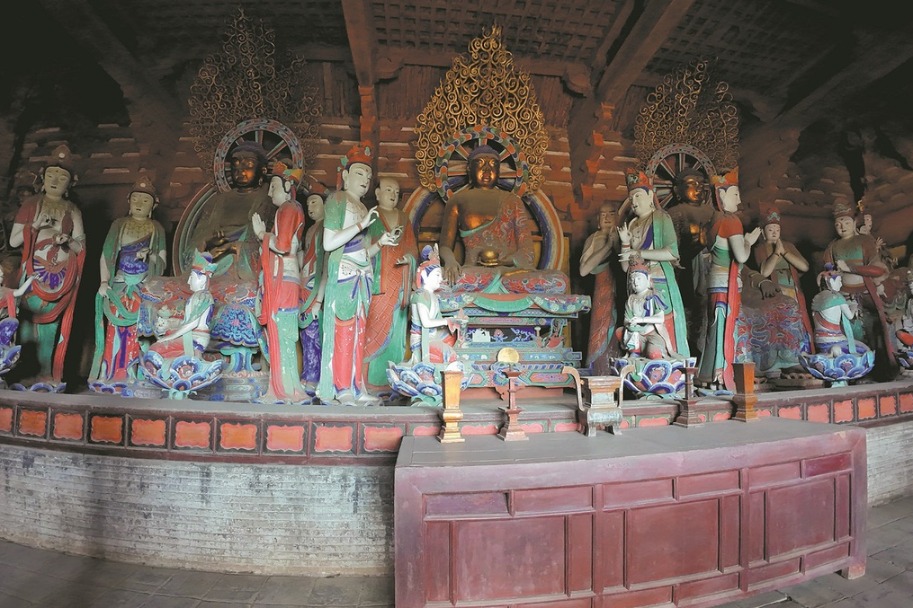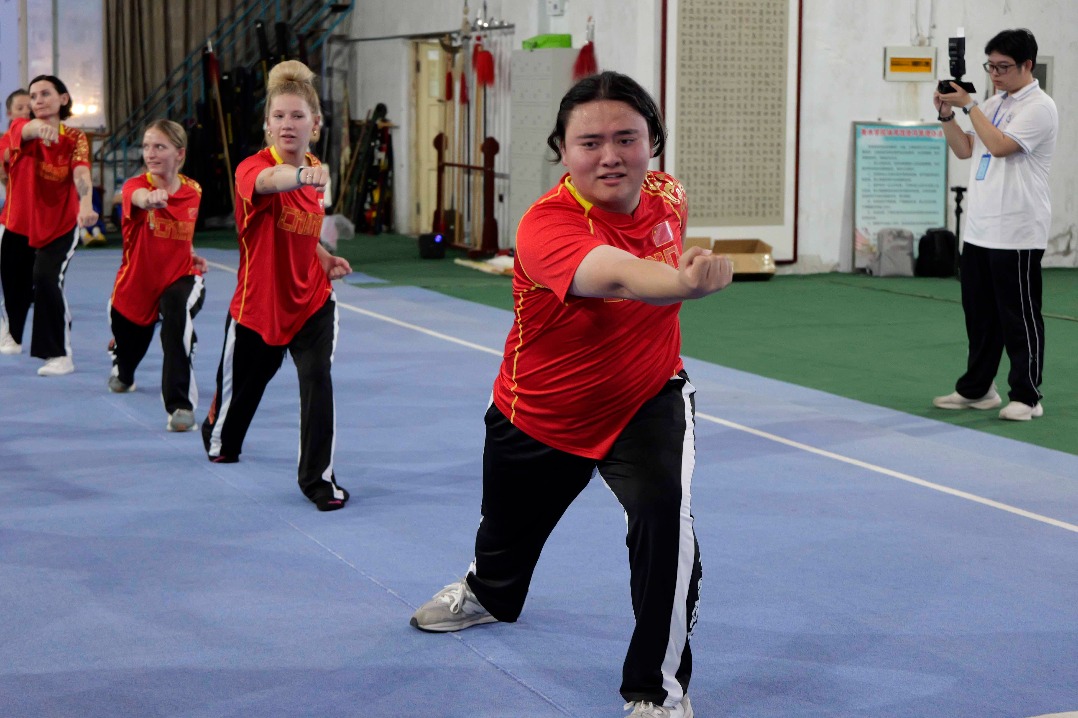Public hospitals told to end drug markups

All public hospitals have been told to end the longtime practice of drug price markups by the end of September as part of the ongoing healthcare reform, the top economic planner said on Wednesday.
Public hospitals' loss of revenue will be offset for the most part by an increase in the prices of patient services, and more government investment is expected, a National Development and Reform Commission statement said.
The markups, a key source of income for public hospitals, are a major but thorny issue in healthcare reform, which aims for universal coverage of basic healthcare services, according to the National Health and Family Planning Commission.
Since the 1950s, public hospitals have been selling drugs at a markup. The maximum is 15 percent. Although the policy helped make up for a lack of adequate government healthcare funding, "gradually it evolved into a way to reap profits, contributing to worsening problems like overprescribing, an excessive use of antibiotics by hospitals, and rising medical expenses", said Wang Hesheng, vice-minister of the health and family planning agency.
With the expected drop in revenues from drug sales, authorities will adjust the fees for medical services, the NDRC said on Wednesday.
Charges related to the expertise of medical staff, like those for diagnosis, surgery and rehabilitation, will rise, while those for tests requiring major medical equipment will drop, the commission said.
The commission also is requiring local price regulators to carry out other necessary reforms following the measure, including changing medical insurance payments so rising service fees are covered by insurance reimbursement. Also, attention must be given to meeting the basic healthcare needs of low-income people.
Many public hospitals in China had already abolished drug price markups before Wednesday's announcement.
In Beijing, more than 3,600 medical institutions, including all public ones, had abolished the practice starting Saturday.
The measure is expected to lower the cost of outpatient treatment by about 5 percent, but the cost for inpatient treatment, including surgery, will rise by about 2.5 percent, said Li Sufang, deputy director of the Beijing Commission of Development and Reform.
Drug sales accounted for a third of the income of public hospitals last year, according to the Beijing Commission for Health and Family Planning.
- Xi's upcoming visit to advance China-Central Asia community with shared future
- China's J-10CE fighter jet showcased at Paris Air Show
- HKSAR to unveil second policy statement on digital assets
- Top political advisor stresses jointly guarding Taiwan Strait peace
- Meet Guardians of the 'Desert Oasis'
- PLA conducts patrol in South China Sea, on high alert for destabilizing activities





































